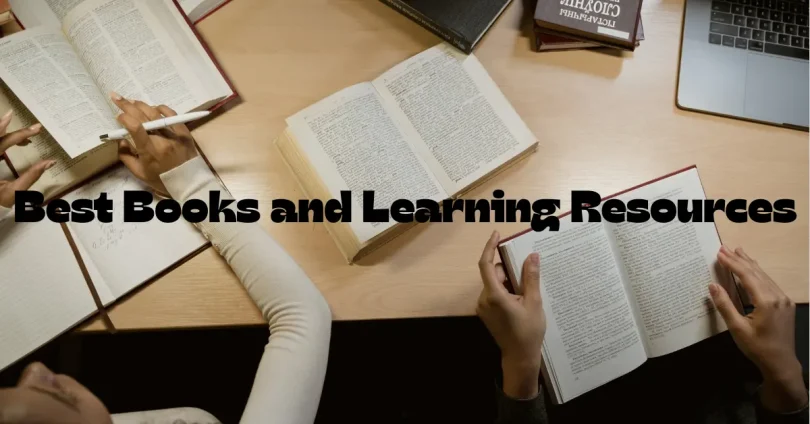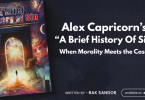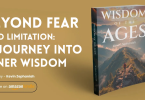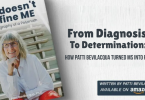Hey there, curious mind! 👋
If you’ve ever found yourself wondering, “How can I become a better learner?” — you’re not alone. In today’s world of constant change and growing competition, the ability to learn efficiently is one of the most valuable skills you can develop.
Learning isn’t just something you do in school. It’s a lifelong journey. Whether you’re studying for exams, learning a new language, developing a professional skill, or simply feeding your curiosity, the key to real progress lies not just in what you learn — but how you learn.
Thankfully, there are powerful books and resources out there that can guide you to study smarter, remember better, and master new skills faster.
Below is a curated list of the 11 Best Books and Learning Resources that combine science, stories, and strategies to make you a more effective learner. These aren’t dry textbooks — they’re practical, inspiring, and full of real-world applications.
Let’s dive in! 📘✨
📘 1. Make It Stick by Peter C. Brown, Henry L. Roediger III, and Mark A. McDaniel
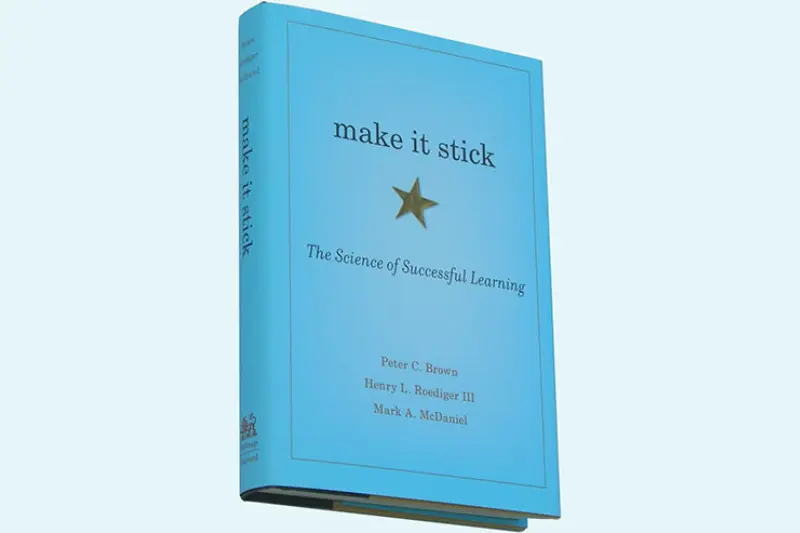
If there’s one book that could change the way you study forever, this is it. Make It Stick combines cutting-edge research from cognitive psychology with real-life examples to show that most of what we think about learning is actually wrong.
🔑 Key Takeaways:
- Rereading and highlighting may feel productive but are often ineffective.
- Use techniques like retrieval practice (testing yourself), spaced repetition, and interleaving (mixing up topics) to boost memory and understanding.
- Making mistakes and correcting them is a powerful way to strengthen learning.
👉 Why it’s great:
It challenges common myths and equips you with tools you can apply to your studies, job training, or personal growth.
🧠 2. Learning How to Learn by Barbara Oakley
This book is based on the popular online course that has helped millions of people understand how the brain works when learning. It’s especially helpful for students who feel stuck or believe they’re “just not smart enough.”
🔑 Key Takeaways:
- Understand the two modes of thinking: focused mode and diffuse mode.
- Use strategies like chunking (breaking info into smaller pieces), visual learning, and overcoming procrastination.
- Learn how to turn short-term memory into long-term knowledge.
👉 Why it’s great:
Simple, accessible, and ideal for learners of all ages. A great starting point if you want to become more confident in your learning ability.
⏱ 3. The First 20 Hours by Josh Kaufman
Learning a new skill can feel overwhelming, especially when you hear things like the “10,000-hour rule.” Kaufman flips that idea on its head. He shows you that you can become reasonably good at something in just 20 focused hours.
🔑 Key Takeaways:
- Break skills into sub-skills.
- Learn enough to self-correct quickly.
- Remove distractions and practice deliberately.
👉 Why it’s great:
It’s a confidence booster. Perfect for busy people who want to start something new—fast!
💡 4. Ultralearning by Scott H. Young
This book is for the serious learner. Scott Young dives into intense self-directed learning strategies. From completing the entire MIT computer science curriculum in one year to learning multiple languages, he shows what’s possible with the right approach.
🔑 Key Takeaways:
- Design your own learning path with metalearning (learning how to learn).
- Focus on direct practice, feedback loops, and pushing through difficulty.
- Embrace discomfort for accelerated growth.
👉 Why it’s great:
Highly motivating and filled with real stories that prove you can teach yourself anything if you stay committed.
You may also like to read these posts:
10 Must-Know Exam Preparation Tips For Success
How To Focus While Studying: Easy Tips For Staying On Track
Top 15+ Study Hacks For Better Grades: Improve Your Focus
Best eBooks For Students | Smart Learning Guide 2025
🏁 5. Atomic Habits by James Clear
Even if it’s not directly about learning, this book is essential. Learning is a habit, and James Clear teaches how to build powerful, lasting habits through small, consistent changes.
🔑 Key Takeaways:
- Focus on identity-based habits: become the kind of person who learns every day.
- Use cues, routines, and rewards to build or break habits.
- Learn how to automate good behaviors and eliminate friction.
👉 Why it’s great:
It helps you stay consistent. Small daily improvements compound into big long-term success.
🎯 6. Peak by Anders Ericsson and Robert Pool
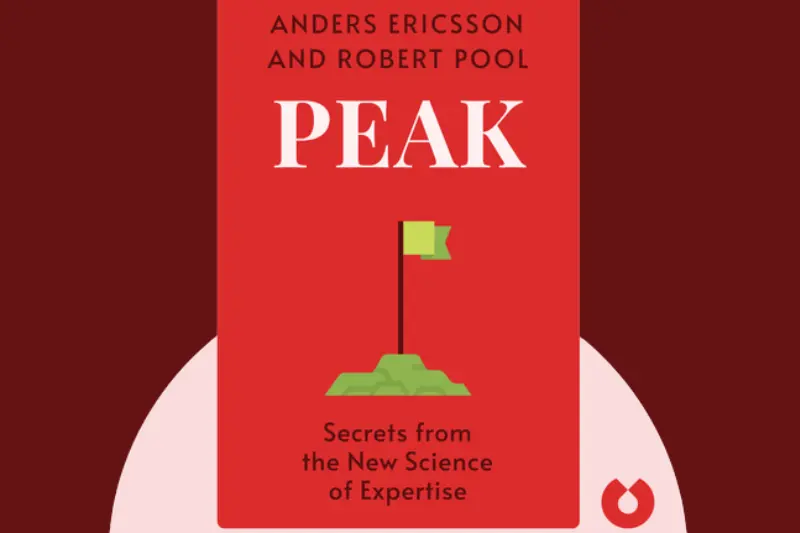
Ever wondered how Olympic athletes or world-class musicians get to that level? It’s not talent—it’s deliberate practice. Ericsson introduces this powerful concept in Peak, explaining how anyone can achieve expert-level performance.
🔑 Key Takeaways:
- Practice must be specific, goal-oriented, and outside your comfort zone.
- Feedback and mental models are crucial to improving.
- You can train your brain just like your muscles.
👉 Why it’s great:
It turns the idea of “natural talent” into a myth and shows how effort and the right kind of practice can lead to mastery.
🧩 7. A Mind for Numbers by Barbara Oakley
Although it’s written for math and science students, this book is valuable for anyone struggling with difficult topics. Oakley shows how anyone—yes, anyone—can become better at analytical and problem-solving skills.
🔑 Key Takeaways:
- Use metaphor, imagery, and association to understand complex ideas.
- Take regular breaks to switch between focused and diffuse modes.
- Overcome mental blocks with structured practice.
👉 Why it’s great:
Gives you tools to tackle subjects that used to intimidate you — ideal for students and career switchers.
🔍 8. The Art of Learning by Josh Waitzkin
This is a deep and reflective book that looks at learning through the lens of personal experience. Josh, a former chess prodigy and martial arts champion, shares how he developed the mindset of a lifelong learner.
🔑 Key Takeaways:
- Mastery is more about the process than the result.
- Resilience, emotional control, and passion drive deep learning.
- Learn to thrive under pressure and manage setbacks.
👉 Why it’s great:
Blends storytelling with life lessons — a powerful guide to mastering anything through discipline and self-awareness.
🎓 9. Limitless by Jim Kwik
Brain coach to celebrities and CEOs, Jim Kwik shows how you can rewire your brain for focus, memory, and better performance. This book is loaded with quick, actionable tips.
🔑 Key Takeaways:
- Improve reading speed and comprehension.
- Boost memory using visualization and association techniques.
- Reprogram limiting beliefs about your intelligence.
👉 Why it’s great:
Highly motivational and filled with useful hacks for mental performance and learning efficiency.
🧠 10. Deep Work by Cal Newport
Our attention is under attack in today’s digital world. This book is all about reclaiming your focus and using deep, uninterrupted work sessions to master complex tasks and learn deeply.
🔑 Key Takeaways:
- Eliminate shallow tasks and distractions.
- Schedule blocks of time for focused, high-value work.
- Build routines that protect your cognitive energy.
👉 Why it’s great:
Teaches you how to create the right environment and habits for productive, focused learning.
🎁 11. Your Favorite Online Course Platform (Bonus Resource)
Books are powerful, but interactive learning is just as important. Platforms like Coursera, Udemy, Khan Academy, Skillshare, and others let you learn at your own pace, anytime and anywhere.
🔑 Key Takeaways:
- Learn visually with video lessons.
- Choose topics that match your goals — from coding and marketing to creative writing and public speaking.
- Great for hands-on learners who prefer watching and doing.
👉 Why it’s great:
Flexible, accessible, and constantly updated with fresh content. A must-have resource in the digital age.
Building Your Learning Journey
Starting your learning journey is exciting, but it’s important to understand that progress won’t happen overnight. These 11 resources are all designed to make learning more effective, but consistency is key. No matter how motivated you feel at the beginning, the most significant growth happens when you make learning a daily habit.
Here’s how you can start applying what you’ve learned:
- Set Clear Learning Goals
Whether it’s mastering a new skill, understanding a difficult subject, or becoming an expert in a specific area, setting goals helps you stay focused. For example, if you want to learn coding, set a goal to finish an introductory course within a month or build your first small project within two weeks. Clear goals give you a sense of direction and purpose. - Break Down Your Learning into Chunks
Remember chunking from Learning How to Learn? It’s an essential strategy that will make complex topics much more manageable. Instead of trying to learn everything at once, break down what you’re studying into smaller, digestible pieces. This will help you retain more information and avoid feeling overwhelmed. - Practice Deliberately
As explained in Peak, deliberate practice is the key to expertise. It’s not just about repetition, but pushing yourself to the edge of your current abilities. This means identifying areas where you struggle and working on them directly, whether it’s through exercises, self-testing, or feedback. - Make Learning a Habit
Atomic Habits teaches that small, consistent habits are more effective than big, unsustainable changes. Dedicate 15 minutes each day to learning, even if it’s just reviewing notes or watching a short lesson. The key is consistency — learning just a little bit every day will add up. - Embrace Mistakes and Failures
One of the most important lessons in Make It Stick and The Art of Learning is that mistakes are part of the learning process. Don’t be afraid of making errors, as they provide valuable feedback that helps you refine your understanding. Embrace challenges and be patient with yourself. - Create an Environment for Focused Learning
If you’re someone who struggles with distractions (and who doesn’t these days?), Deep Work offers an essential framework for creating an environment that fosters deep, undistracted learning. Whether you’re studying for an exam or working on a new skill, find a space where you can fully immerse yourself in the material.
Expanding Your Learning Toolkit
In addition to the books and resources mentioned, there are plenty of other tools and techniques you can use to enhance your learning process. Here are a few to consider integrating into your routine:
- Mind Mapping: Visual tools like mind maps or concept maps are great for organizing and understanding complex ideas. They allow you to see the connections between concepts and help reinforce memory.
- Spaced Repetition Software (SRS): Platforms like Anki or Quizlet use spaced repetition algorithms to help you review information at intervals optimized for long-term retention.
- Pomodoro Technique: This time management technique breaks work into intervals (typically 25 minutes), followed by short breaks. It’s great for maintaining focus and preventing burnout during study sessions.
- Interactive Online Platforms: Platforms like Duolingo for language learning or Codecademy for coding turn learning into an interactive experience. They are fantastic for visual or hands-on learners who prefer active engagement.
Embrace Lifelong Learning
Learning doesn’t stop once you hit a milestone or reach a specific goal. Ultralearning encourages us to continuously push the boundaries of our learning capacity, whether it’s for career growth, personal development, or even for the joy of mastering something new.
As you continue your learning journey, remember to stay curious and stay committed. Every step you take — no matter how small — adds up over time.
✨ Final Thoughts
Becoming a better learner isn’t about being born a genius. It’s about using the right strategies, tools, and mindset to maximize your potential. These 11 best books and learning resources are more than just educational — they’re transformational.
Whether you’re trying to master a subject, change careers, or simply grow as a person, these guides will help you learn smarter, faster, and with more confidence. Start with one that resonates with you, apply what you learn daily, and watch your progress unfold.
🚀 Remember: You don’t have to know everything today. But you do have to start.
Happy learning, and never stop growing! 💡
FAQs
1. How can I become a better learner?
2. Can anyone learn faster?
3. What are the best books to improve learning?
Make It Stick by Peter C. Brown
Learning How to Learn by Barbara Oakley
Atomic Habits by James Clear
Ultralearning by Scott H. Young
Peak by Anders Ericsson


